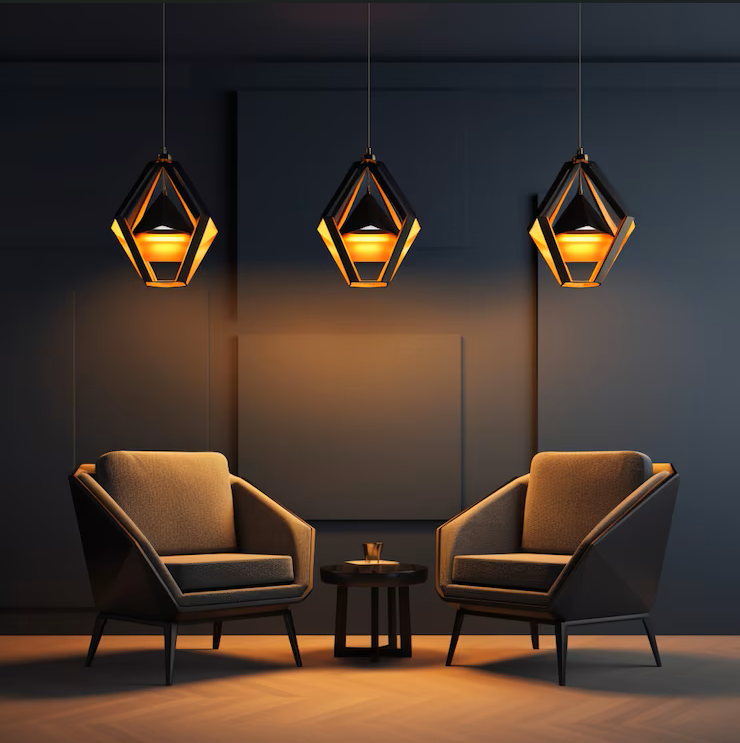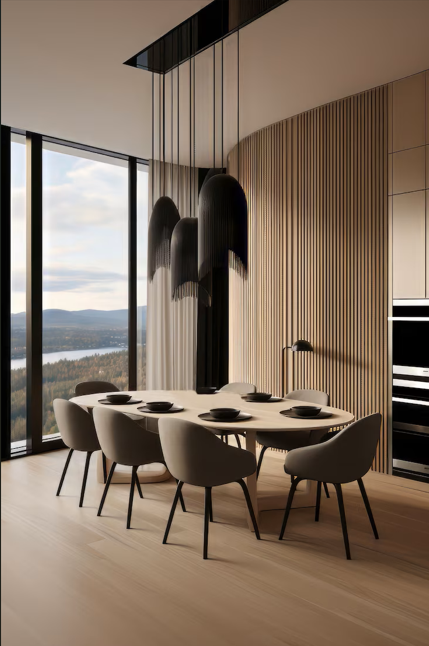
Travertine Marble Applications: Flooring, Wall Cladding, Countertops & More
Travertine Marble Applications: Flooring, Wall Cladding, Countertops & More
Focus keyword: travertine Marble in Chennai
Travertine is a timeless natural stone that blends classical elegance with modern practicality. Widely used in residential and commercial projects, travertine offers a warm, textured look that’s especially popular in coastal and tropical cities — which is why travertine Marble in Chennai has become a preferred choice among architects, interior designers, and homeowners. This blog explores the most effective applications of travertine — flooring, wall cladding, countertops, and beyond — and why it suits Chennai’s climate and design sensibilities.
What makes travertine special?
Travertine is a form of limestone deposited by mineral springs, with characteristic porous texture and a soft matte finish. It comes in shades from ivory and beige to warm gold, rust and sometimes deeper browns. Its natural veining and pitted surface lend a handcrafted, old-world charm that’s hard to replicate with engineered materials. When honed, filled, and properly sealed, travertine becomes durable and low-maintenance — ideal for busy urban homes and hospitality projects in Chennai.
Travertine flooring — classic, cool, and comfortable
One of travertine’s best-known applications is flooring. Its natural thermal properties keep surfaces relatively cool, which is a major plus in Chennai’s warm climate. Travertine flooring works beautifully in:
-
Living rooms and dining areas — creates a neutral, elegant base that complements wooden furniture and contemporary décor.
-
Courtyards and verandahs — when honed or tumbled, travertine provides mild slip resistance while maintaining an upscale look.
-
Commercial lobbies and showrooms — large-format travertine tiles produce a seamless, luxurious finish that ages gracefully.
Practical tips: choose denser grades for high-traffic areas, use filled-and-polished finishes where a sleeker look is desired, and apply a high-quality sealer to protect against stains and humidity.
Wall cladding — texture and depth for interiors & facades
Travertine wall cladding adds tactile depth and a natural focal point to any space. Popular uses include:
-
Accent walls in living rooms and bedrooms — the stone’s natural patterning creates a sophisticated backdrop for art and mirrors.
-
Feature facades for villas and boutique hotels — stacked or cut-sawn travertine can lend a subtle, earthy character that contrasts well with glass and steel.
-
Bathroom walls and shower surrounds — when sealed correctly, travertine gives bathrooms a spa-like, organic feel.
Because travertine’s pores can hold moisture if unsealed, proper sealing and professional installation are essential for exterior cladding in Chennai’s humid monsoon season.
Countertops & vanities — warm, natural surfaces
Although granite and quartz are common for kitchen counters, travertine is an excellent choice for bathrooms, bars, and light-use kitchen areas where a softer, warmer look is desired. Advantages include:
-
Unique, natural patterns that make each slab one-of-a-kind.
-
A matte, tactile surface that reads more organic than polished stone.
-
Compatibility with rustic, Mediterranean, and contemporary aesthetics.
Keep in mind: travertine is more porous than granite. For countertops, choose dense honed slabs, fill the surface adequately, and maintain a strict sealing schedule to avoid staining from oils and acids.
Landscaping & outdoor applications — terraces, pool surrounds, pathways
Travertine is widely used outdoors when supplied in the right finish and density. Its natural slip resistance (especially in tumbled or brushed finishes) makes it suitable for:
-
Pool decks and terraces — travertine stays cool underfoot and creates an upscale resort-like look.
-
Garden paths and steps — irregular or patterned layouts using travertine pavers add charm to landscapes.
-
Patios and alfresco dining areas — pairs beautifully with wood and greenery for inviting outdoor living.
For Chennai’s coastal conditions, opt for frost-resistant and well-sealed pieces, with proper drainage to reduce water pooling and salt exposure.
Mosaic, inlay and decorative uses
Small-format travertine tiles and mosaics are perfect for adding decorative borders, fireplace surrounds, and kitchen backsplashes. Mixed finishes — polished inserts with honed backgrounds — create contrast and visual interest without overpowering a space.
Maintenance & longevity — what owners should know
Travertine, when properly installed and maintained, can last decades. Key maintenance tips:
-
Seal on installation and reseal periodically (frequency depends on usage and product).
-
Clean with pH-neutral stone cleaners; avoid acidic or abrasive agents.
-
Wipe spills quickly — especially oils, coffee, and citrus — to prevent staining.
-
For exterior installations in Chennai, use high-quality sealers and consider periodic professional cleaning to remove salt buildup and grime.
Why travertine Marble in Chennai is a smart choice
Chennai’s architectural palette often mixes traditional sensibilities with tropical modernism. Travertine’s warm tones and natural textures dovetail neatly with teak or rosewood furniture, airy verandahs, and landscaped courtyards. Local availability, coupled with a range of finishes (honed, filled, polished, tumbled, brushed), makes travertine adaptable to many budgets and design goals.
Final thoughts
Travertine is more than a material — it’s a design language that communicates warmth, history, and understated luxury. Whether you’re renovating a Chennai bungalow, designing a boutique hotel, or planning a contemporary apartment, travertine offers versatile applications: from cooling, elegant flooring to dramatic wall cladding, intimate vanities, and durable outdoor paving. Choose the right finish and grade for each use, work with experienced suppliers and installers, and travertine will reward you with beauty and resilience for years.



